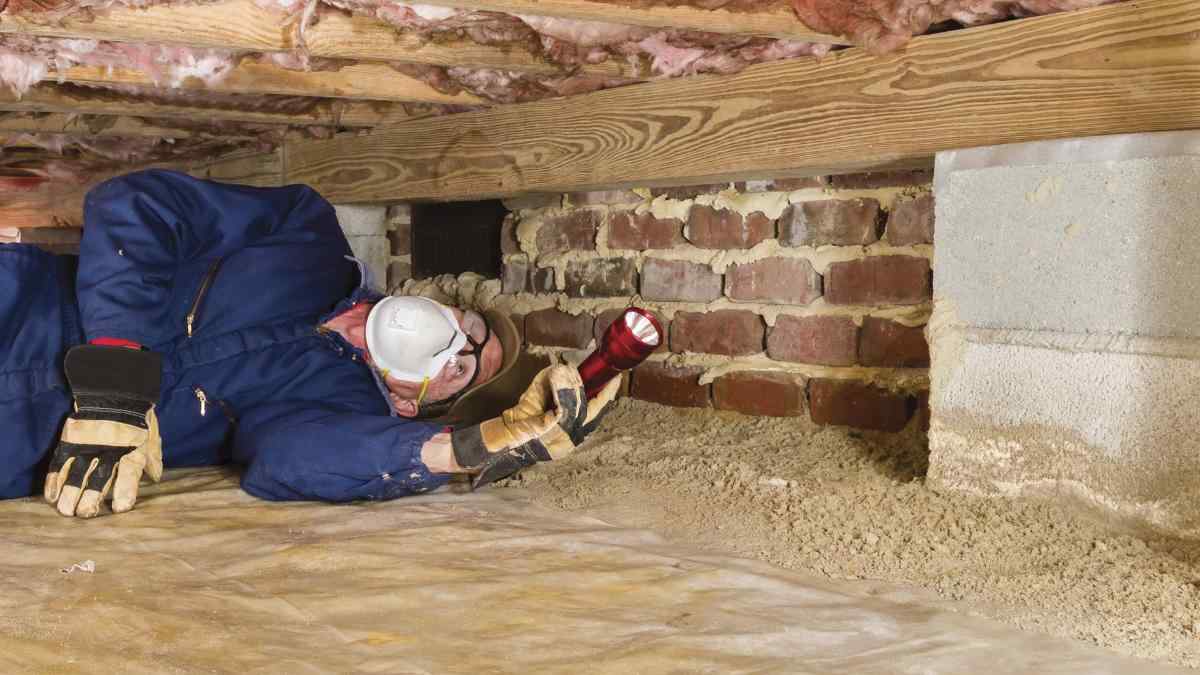When you’re on the brink of buying a property, it’s crucial to know the person inspecting your future investment is qualified and competent. This article breaks down the necessary qualifications for a building inspector in each state and territory of Australia, with insights from my personal experience. Let’s ensure you can make an informed decision when choosing a building inspector.
Understanding the Role of a Building Inspector
Before diving into the qualifications, let’s clarify what a building inspector does. They assess the condition of buildings, looking for defects, safety issues, and signs of pest infestation. Their findings can significantly impact your decision to purchase a property, negotiate the price, or request repairs.
New South Wales (NSW)
In NSW, building inspectors must be accredited by the NSW Fair Trading. This requires:
- A TAFE Certificate IV in Building and Construction (Building) or equivalent.
- This certification ensures the inspector has foundational knowledge in construction, safety standards, and building codes.
- A valid contractor license or supervisor certificate.
- These are issued by NSW Fair Trading and validate the inspector’s practical experience and expertise.
From my experience working in NSW, having a deep understanding of local building codes and practices is invaluable. For instance, I once inspected a heritage-listed property in Sydney where understanding specific conservation requirements was crucial.
Victoria (VIC)
Victoria mandates that building inspectors be registered with the Victorian Building Authority (VBA). The requirements include:
- A Diploma of Building Surveying.
- This higher-level qualification equips inspectors with advanced knowledge in building surveying and compliance.
- Practical experience in the construction industry.
- Inspectors must demonstrate they have practical, hands-on experience. This could be through a history of work in construction, building surveying, or a related field.
One memorable inspection in Melbourne involved a newly constructed townhouse with hidden structural issues. My training and experience in identifying such faults were critical in that situation.
Queensland (QLD)
In QLD, building inspectors must hold a completed residential building inspection license from the Queensland Building and Construction Commission (QBCC). They need:
- A completed course in residential building inspection.
- This is a specific course focused on inspecting residential properties.
- Evidence of relevant experience.
- Practical experience in building or construction is necessary to understand the nuances of different building styles and materials.
I recall a Brisbane home where early detection of termite damage during an inspection saved the potential buyers thousands in repair costs.
Western Australia (WA)
WA requires building inspectors to be registered with the Building Commission. The qualifications include:
- A Diploma in Building and Construction or equivalent.
- A comprehensive understanding of construction principles is essential.
- Proof of experience in building inspection or a related field.
- This ensures the inspector is familiar with practical aspects of building construction and maintenance.
In Perth, I encountered a property with unique coastal environmental challenges, highlighting the need for inspectors to understand local environmental factors.
South Australia (SA)
In SA, there’s no specific licensing for building inspectors, but they generally need:
- A relevant tertiary qualification in building and construction.
- This provides a theoretical background in building principles.
- Membership in a professional body like the Australian Institute of Building Surveyors.
- This indicates a commitment to ongoing professional development and adherence to industry standards.
I once inspected an Adelaide property where my membership in a professional body provided access to resources crucial for identifying an unusual structural issue.
Tasmania (TAS)
Tasmania doesn’t have specific licensing requirements for building inspectors, but they are expected to have:
- A qualification in building and construction.
- This ensures a foundational understanding of building practices.
- Relevant experience in the building industry.
- Practical experience is invaluable, especially in Tasmania’s diverse range of property styles.
During a Hobart inspection, my experience in identifying issues specific to older, heritage properties was key.
Northern Territory (NT)
In the NT, while there are no strict licensing requirements, inspectors are generally expected to have:
- A Certificate IV in Building and Construction or higher.
- This ensures a basic understanding of construction and building codes.
- Experience in the building sector.
- Practical experience in the unique climatic and environmental conditions of the NT is crucial.
Inspecting a property in Darwin, I had to consider the tropical climate’s impact on building materials and design.
Australian Capital Territory (ACT)
In the ACT, building inspectors must be licensed and need:
- A Diploma in Building Inspection or a related field.
- This provides a comprehensive understanding of building regulations and standards.
- Relevant industry experience.
- Experience in the building industry is essential for understanding the practical aspects of building inspection.
In Canberra, I once inspected a property where understanding specific local regulations was crucial in identifying non-compliance issues.
Conclusion
Choosing the right building inspector is critical when purchasing property in Australia. Each state and territory has its specific requirements, but the common thread is the need for a combination of formal education and practical experience. As someone who has navigated these varied landscapes, I can attest to the importance of choosing an inspector who is not only qualified but also familiar with the local area and its unique building challenges.
Remember, a qualified building inspector can be the difference between a wise investment and a costly mistake. So, take your time, do your research, and ensure your inspector meets the necessary qualifications for your state or territory.
